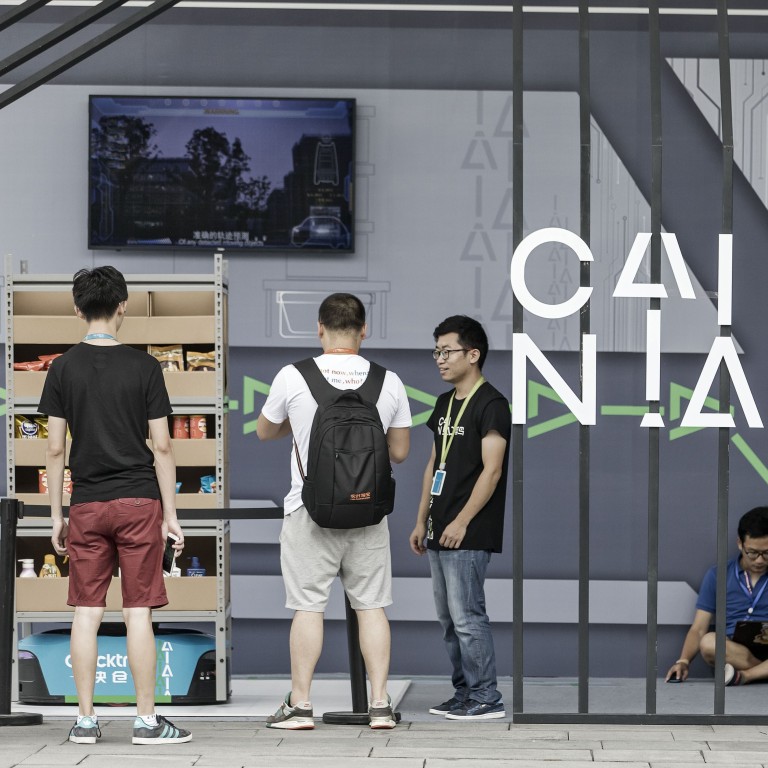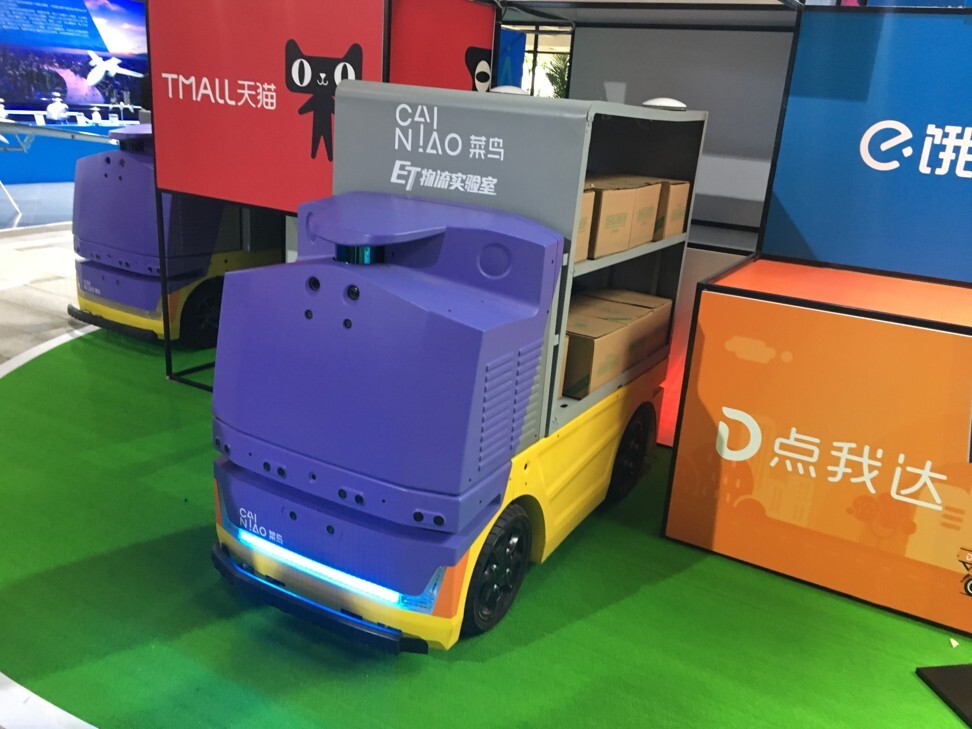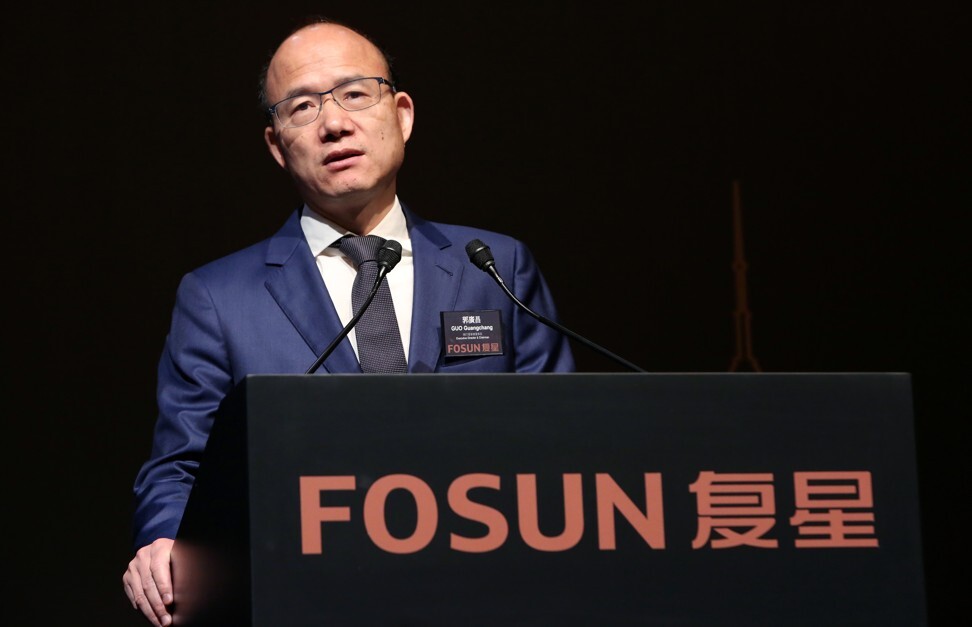
Fosun looks to reap the gains of its early investment in logistics giant Cainiao with a US$1.3 billion stake sale to Alibaba
- The Chinese conglomerate plans to sell its Cainiao stake to Alibaba and other investors
- E-commerce giant Alibaba is upgrading its logistics network globally
Fosun International, one of China’s biggest private sector conglomerates, is set to sell its 6.7 per cent stake in logistics firm Cainiao to Alibaba Group Holding and other investors for around US$1.3 billion, according to a person familiar with the matter.
Shanghai-based Fosun, which owns the ClubMed resorts, the French fashion brand Lanvin and the Canadian troupe Cirque do Soleil among other assets, was an early investor in Cainiao with a 500 million yuan (US$70 million) investment in 2013. The conglomerate is keen to lock in a profit, and plans to reinvest the capital into the health care and consumer industries, said the person familiar with Fosun’s plans, declining to be named.
A deal is likely to be struck at a valuation for Cainiao of around US$20 billion, which may be below the market-clearing level for the logistics company but still rewards Fosun with a handsome return on its investment, the person familiar said.

To benefit its merchants running 100,000 online stores, Cainiao plans to quadruple its chartered flights to 1,260 from 260 over the next nine months while airfreight delivery time will drop to three to five days from the current seven to 10.
In addition, Cainiao will double the floor space of its overseas warehouses over the next three years to 2 million square metres so that Chinese merchants can store their goods closer to customers, which will further speed up delivery times.
The company also said it will double down on its 72-hour delivery commitment for merchants using its warehouse network by optimising the logistics supply chain in over 500 counties and in 21 Chinese provinces.
Alibaba formed a consortium, including Fosun, in 2013 to build Cainiao to ensure fast delivery of packages. Fosun said in its 2015 annual report that it had invested 500 million yuan for a 10 per cent stake.

The group has shut down some of its ClubMed facilities in China and Europe as part of efforts to stem the viral outbreak, while the Cirque to Soleil entertainment group has decided to lay off 95 per cent of its staff amid production cuts.
Additional reporting by Peggy Sito

